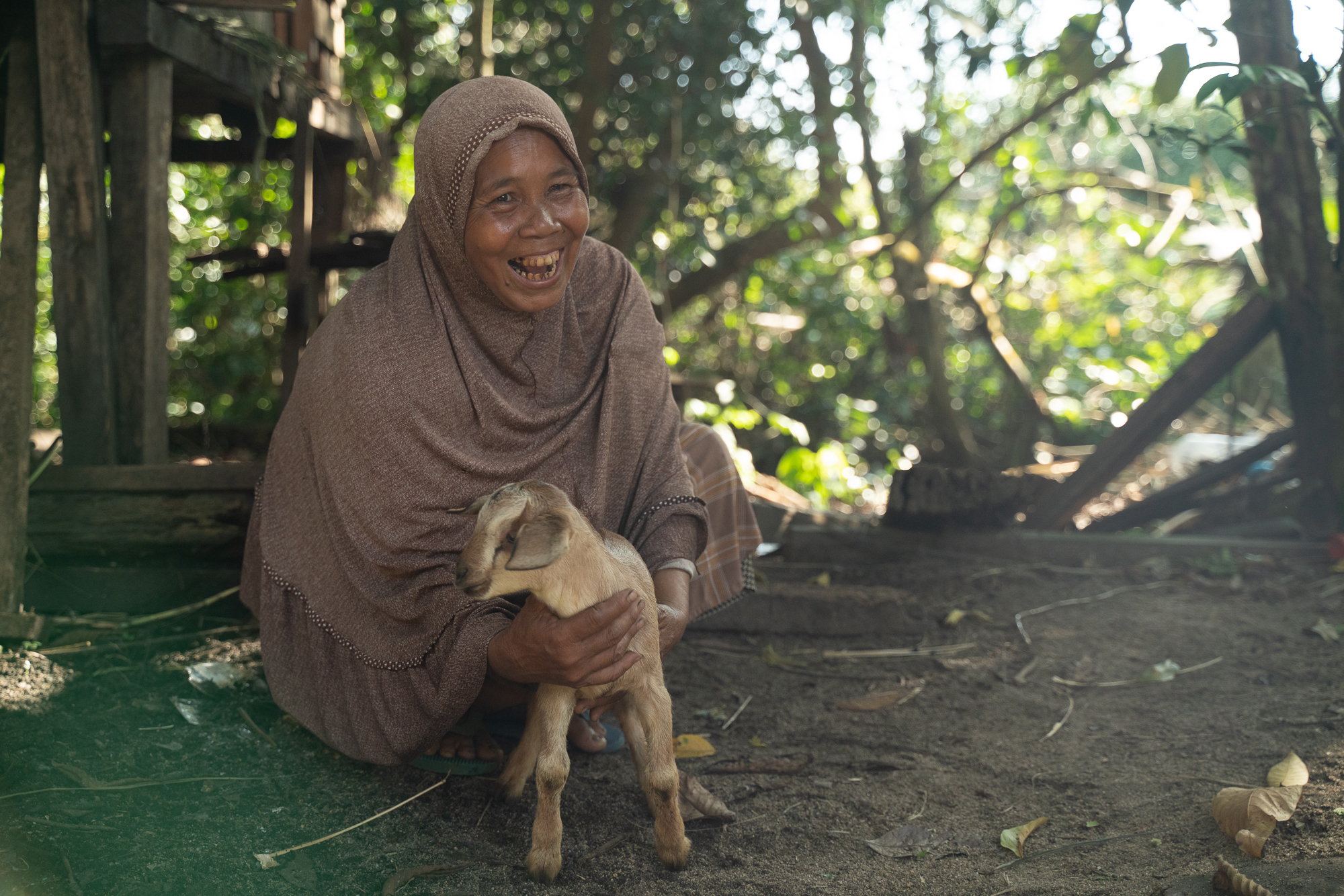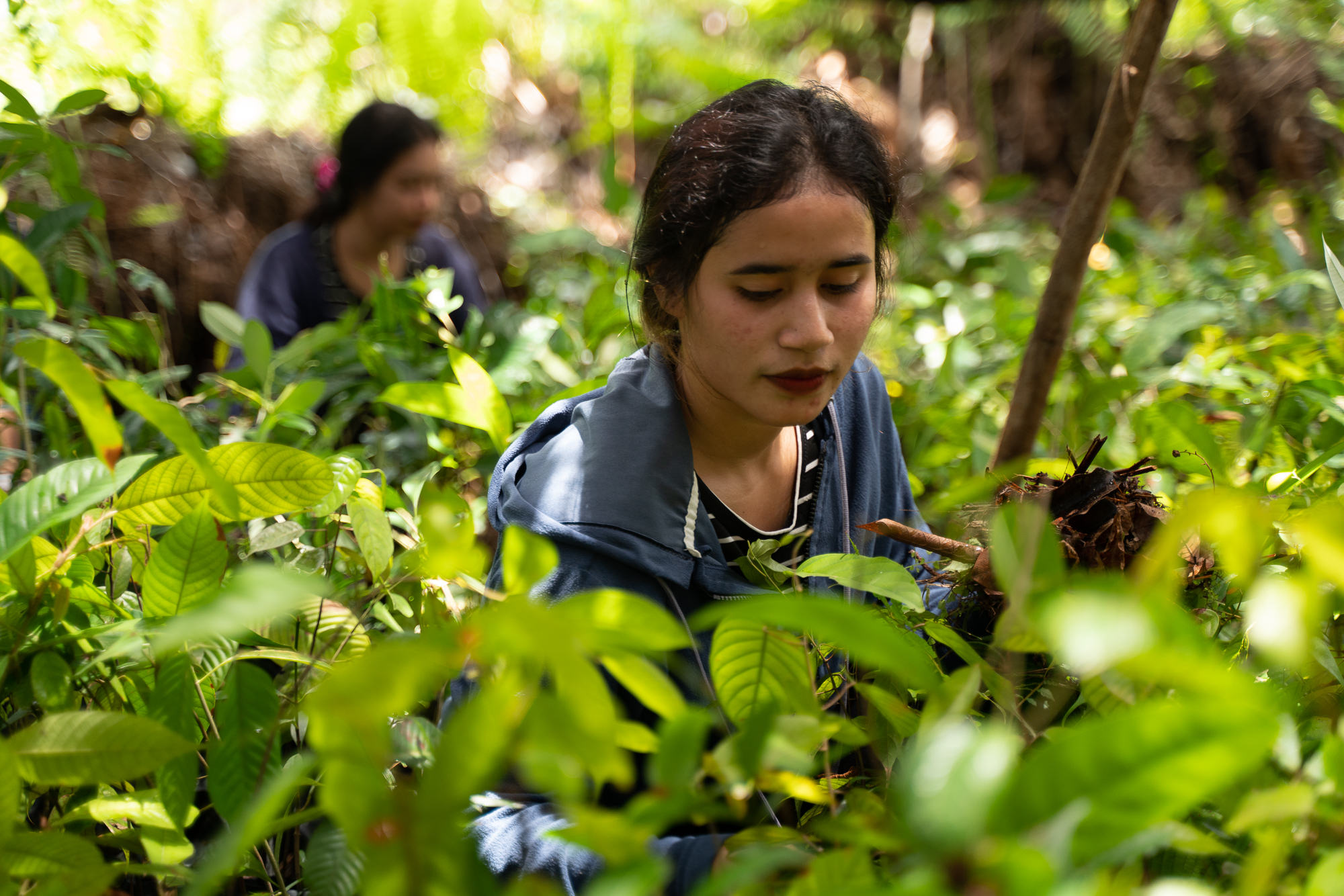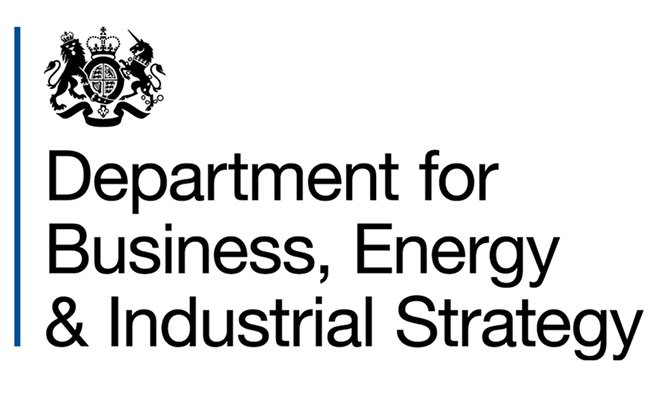Boosting healthcare – and swapping chainsaws for chickens
ASRI’s work is founded on a ‘radical listening’ approach – consistent dialogue on what communities want and need, which leads to effective co-created solutions that are led by local people and prioritise community expertise.
In their site near Gunung Palung National Park, ASRI has been providing healthcare which families can pay for with goods such as seedlings and manure. These are used to reforest degraded land in the community. As a result, communities have seen a significant fall in diseases including tuberculosis and malaria.
The innovative chainsaw buy-back entrepreneurship programme offers no-interest investment funds to help people transition to less destructive livelihoods. New businesses are supported with financial, marketing and business plan training – popular activities include beekeeping, raising chickens and opening juice stalls.
Other support includes financial management training and a ‘Goats for Widows’ initiative. People often participate in more than one ASRI programme and the schemes work together: one example is the goats providing manure for the organic farming activities.

Inspiring future generations
These alternative livelihood opportunities offer a just transition, from logging to sustainable livelihoods, that give families more financial stability and protect the rainforest. ASRI works with national park officials to approach loggers and other forest communities. ASRI also supports the local government to include conservation and health education on the school curriculum.
ASRI, in collaboration with Health In Harmony, replicated the model with villages in areas surrounding Bukit Baka Bukit Raya National Park in 2018. More recently, ASRI and Health In Harmony are exploring the opportunity to replicate the model in Tanah Papua (West Papua).

